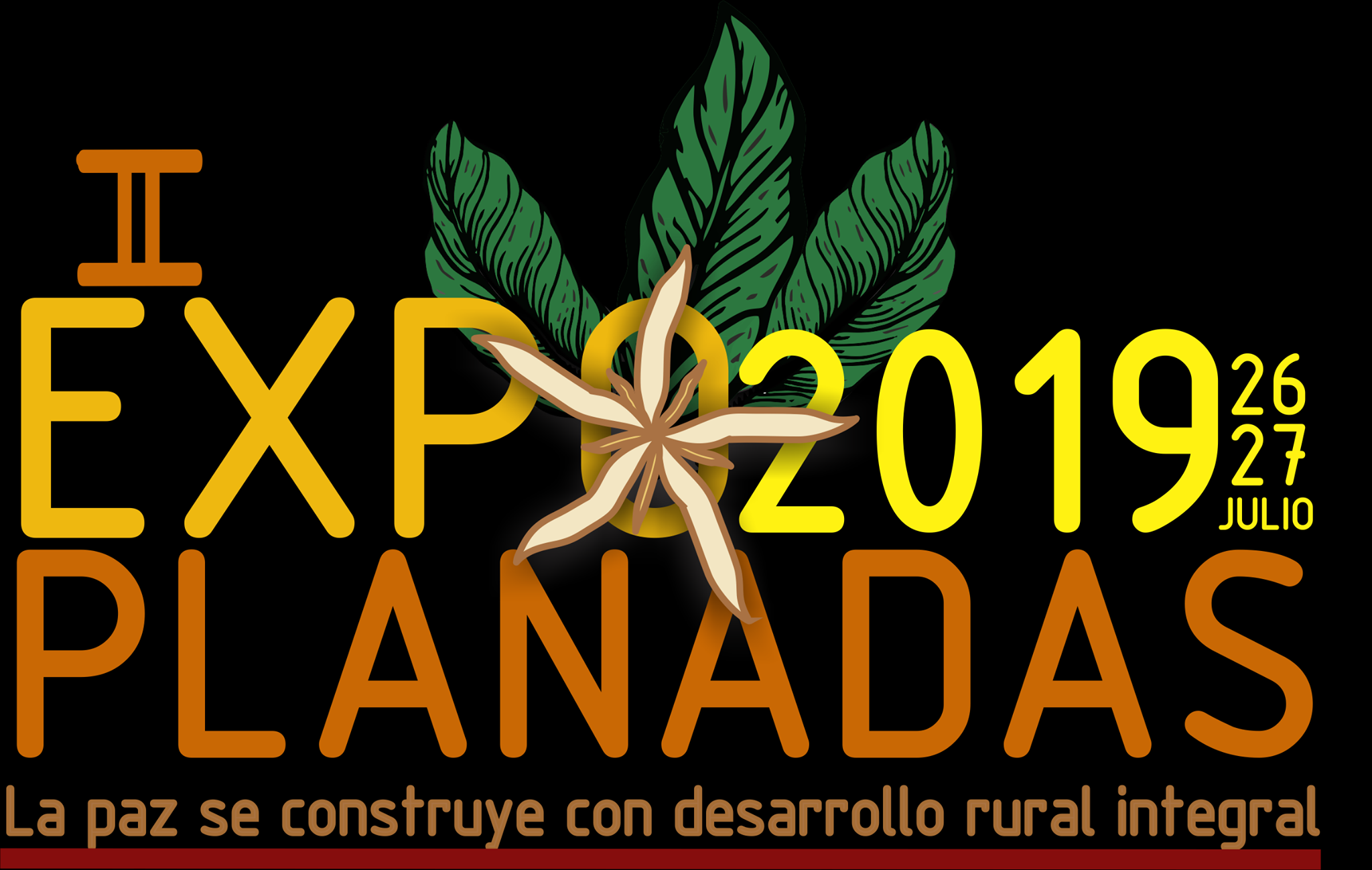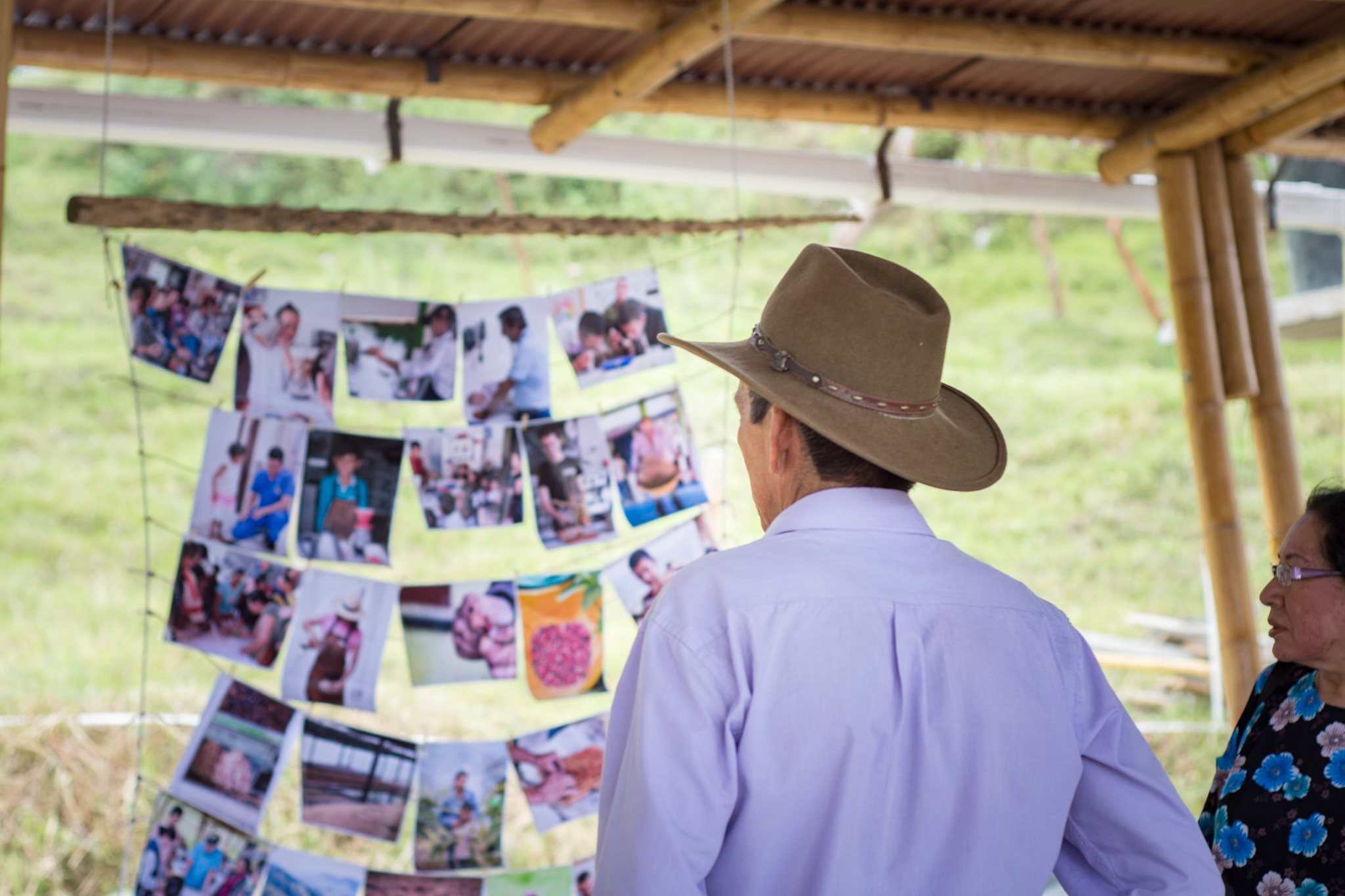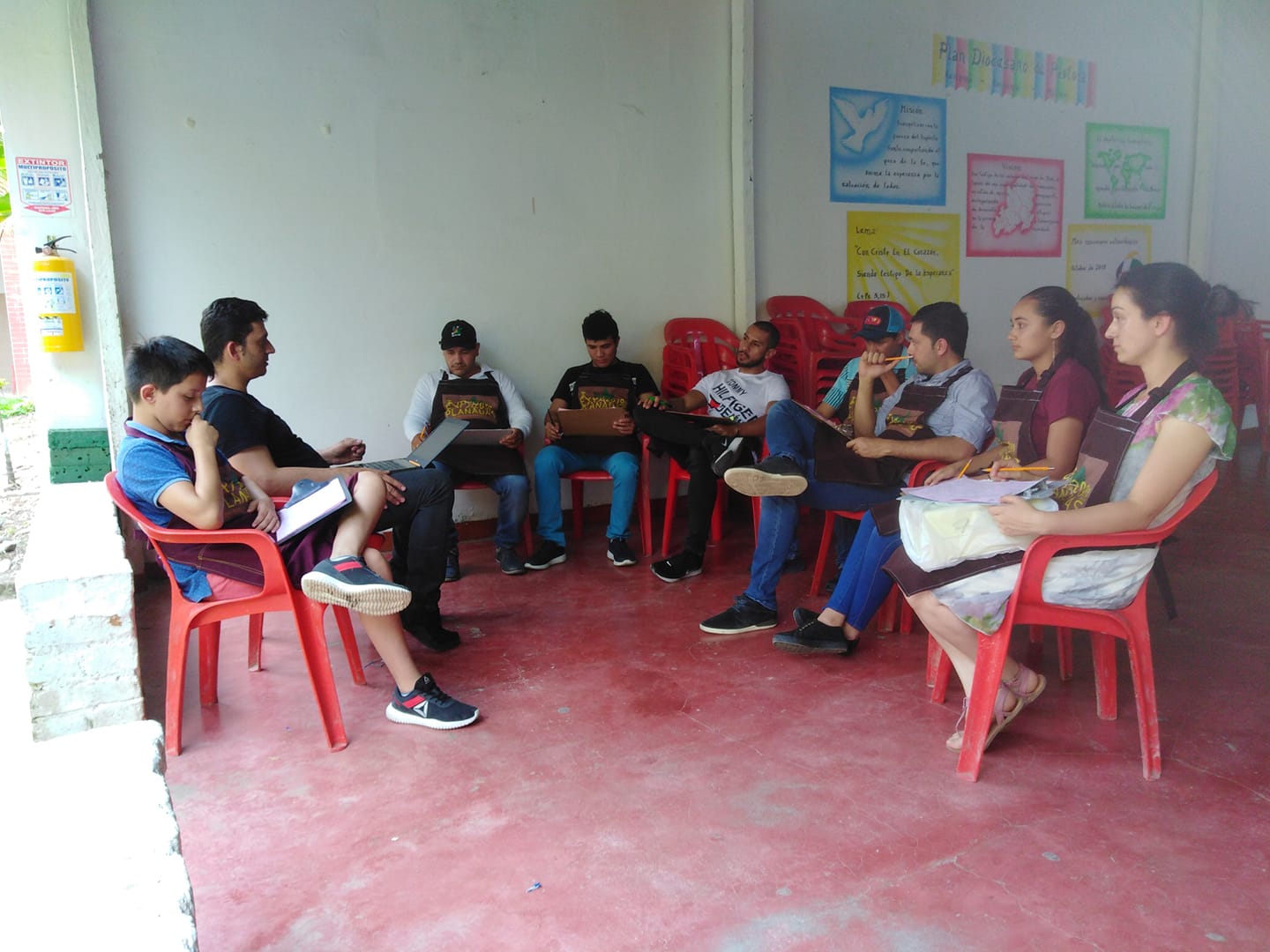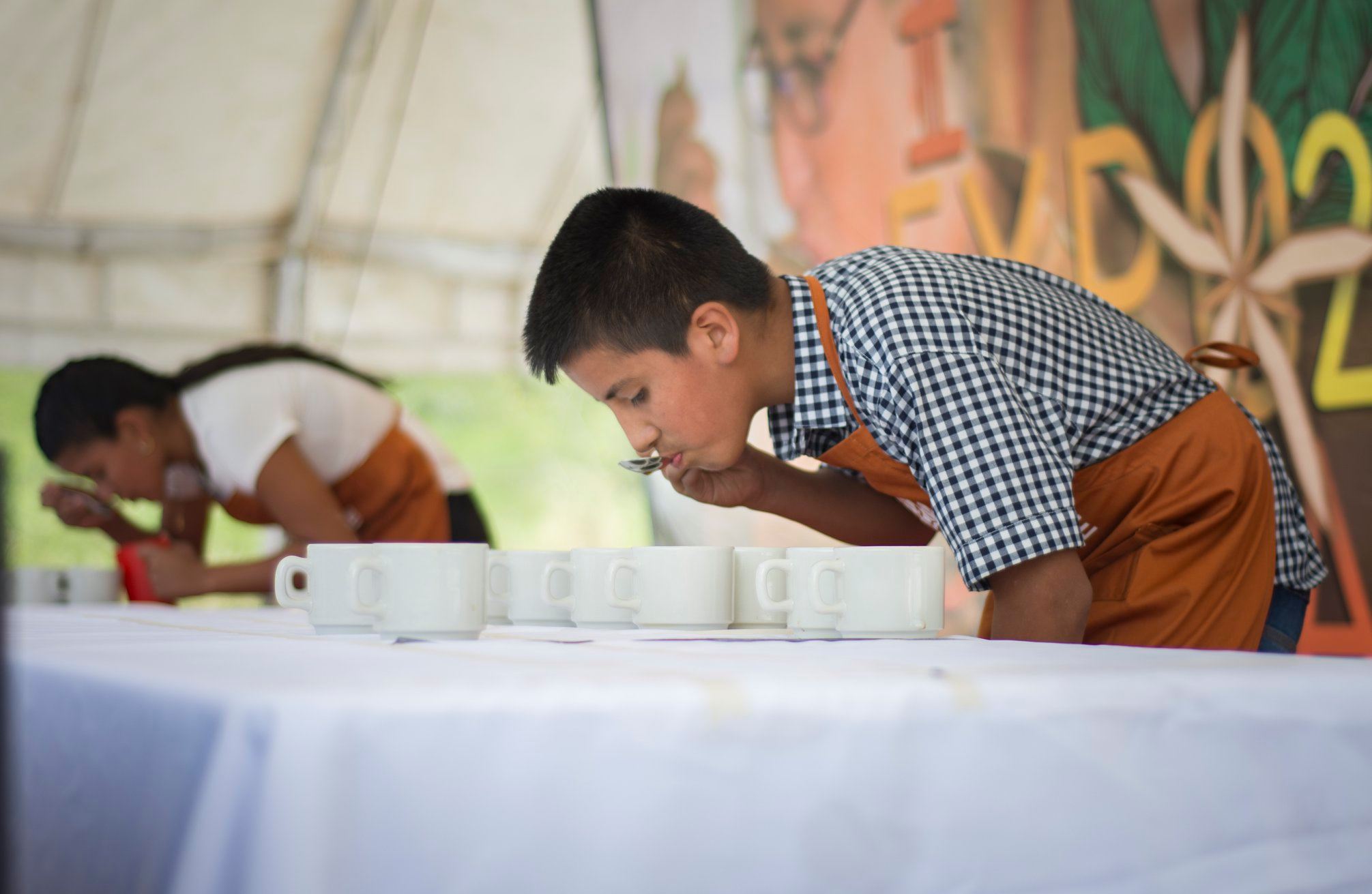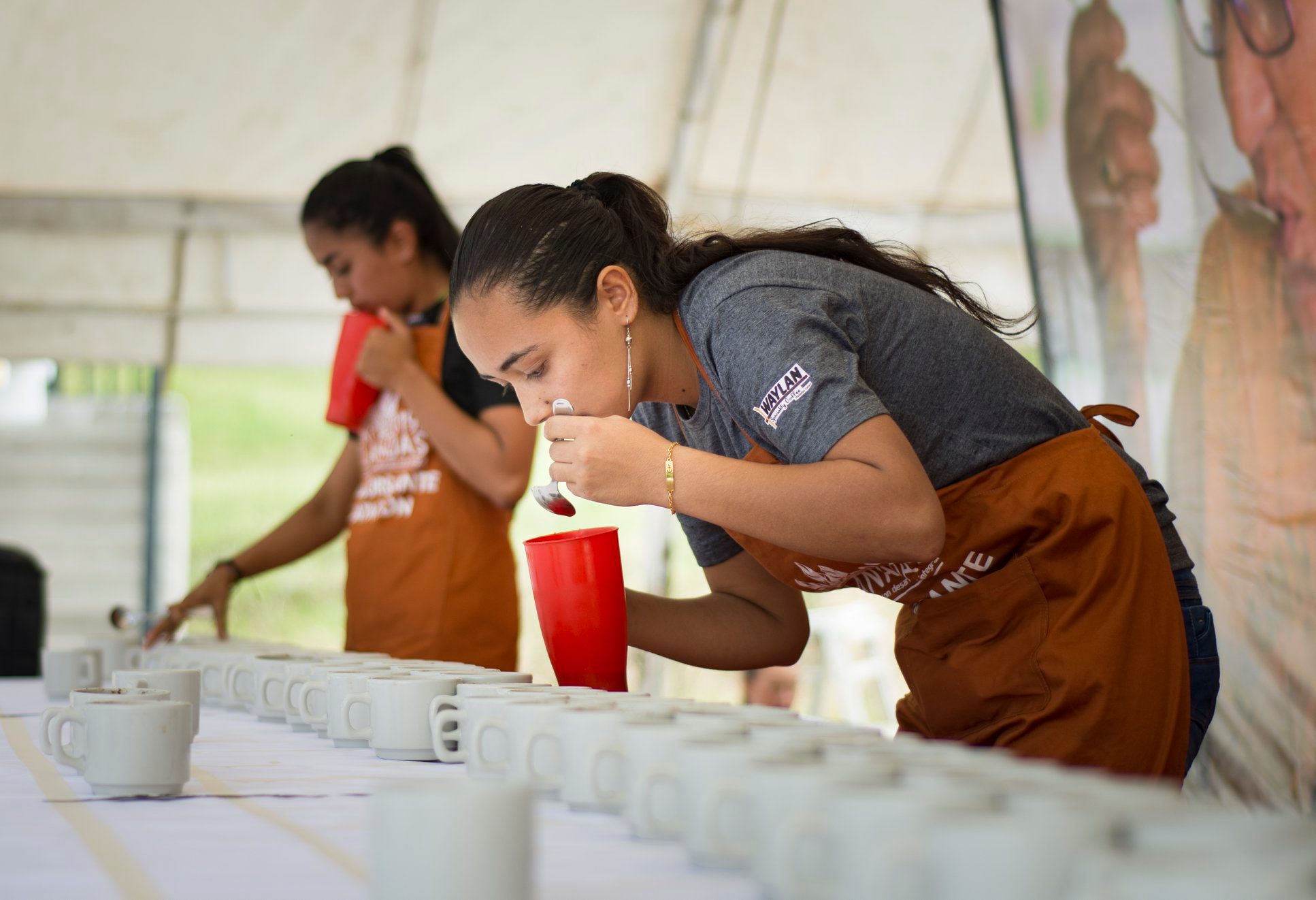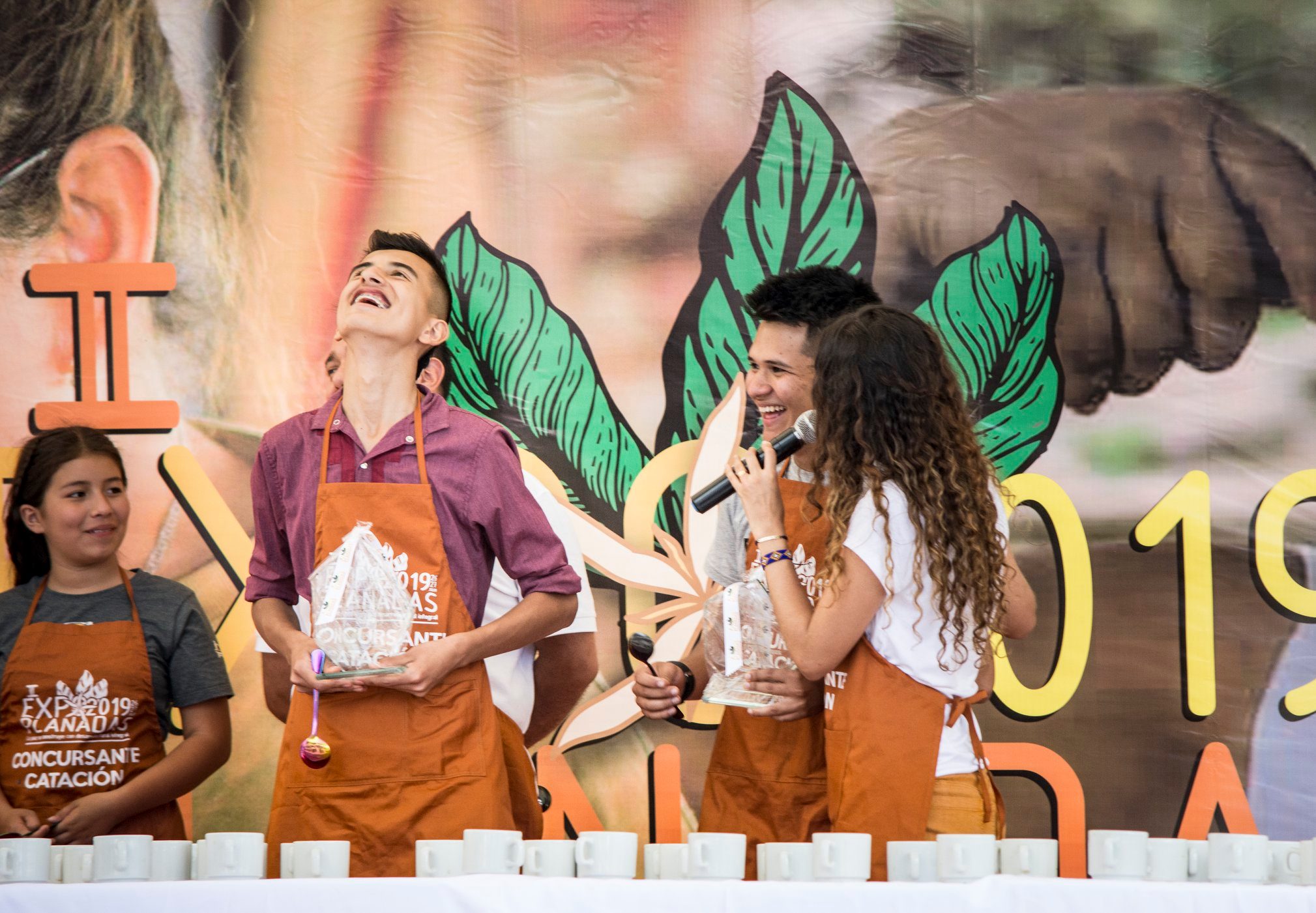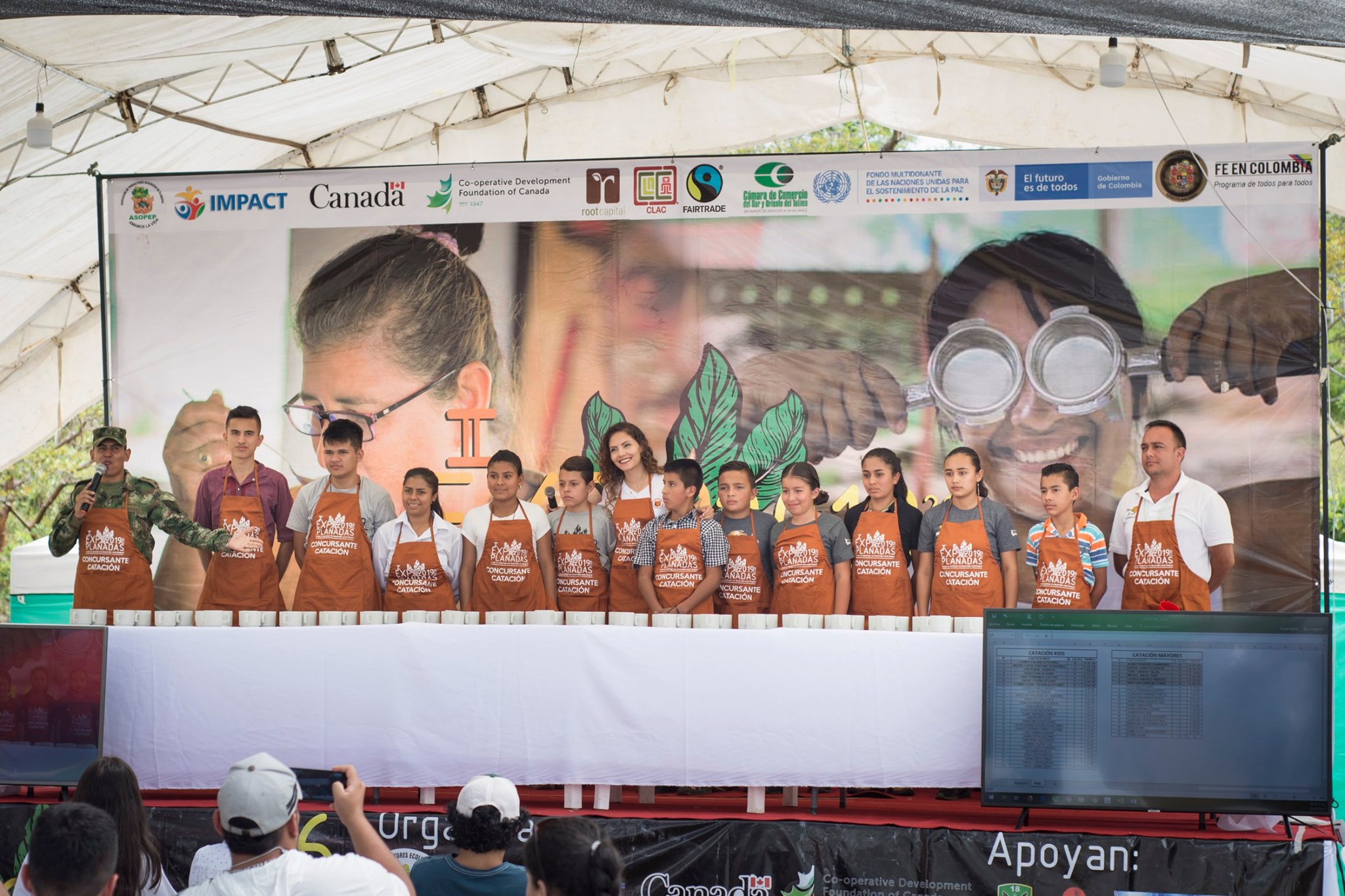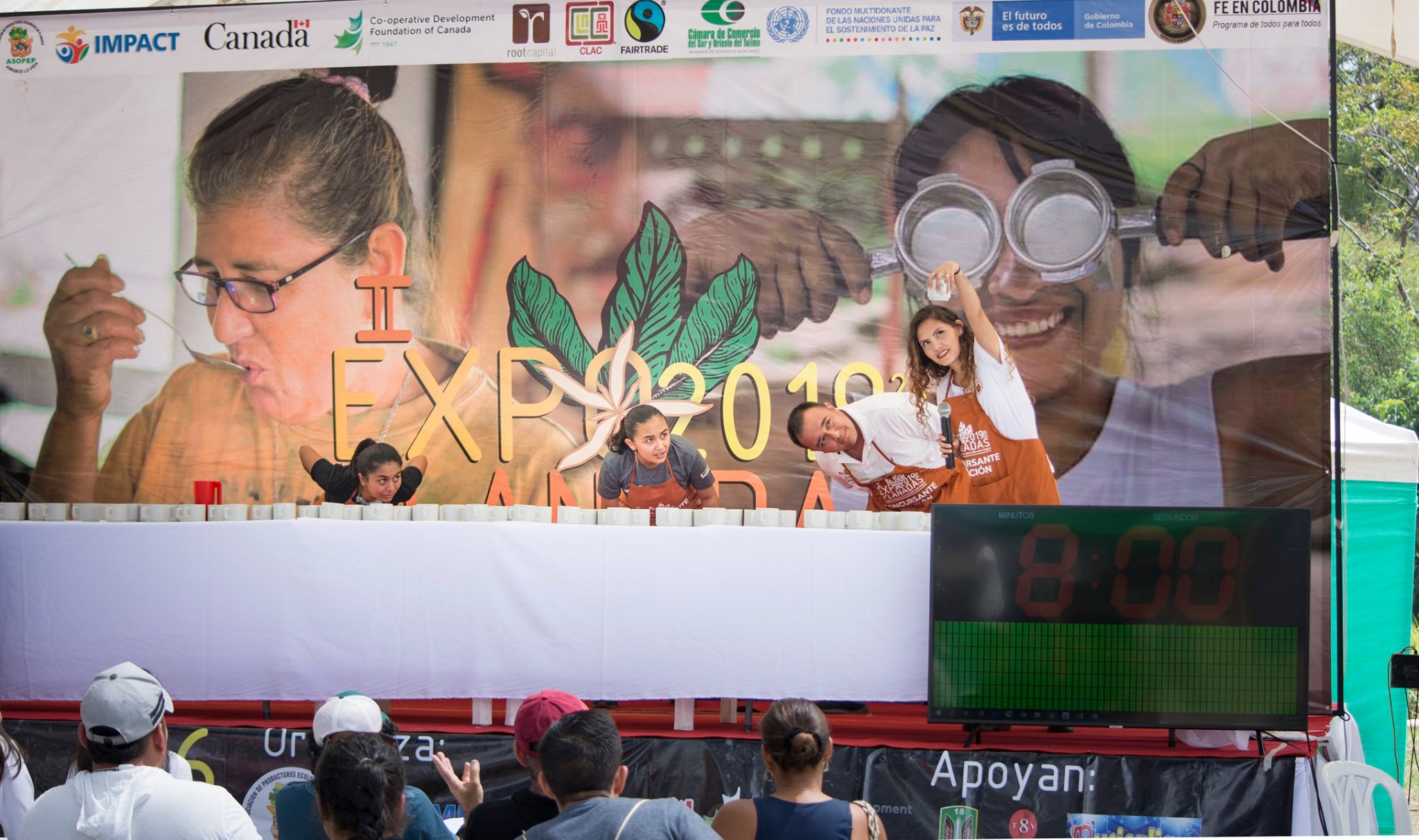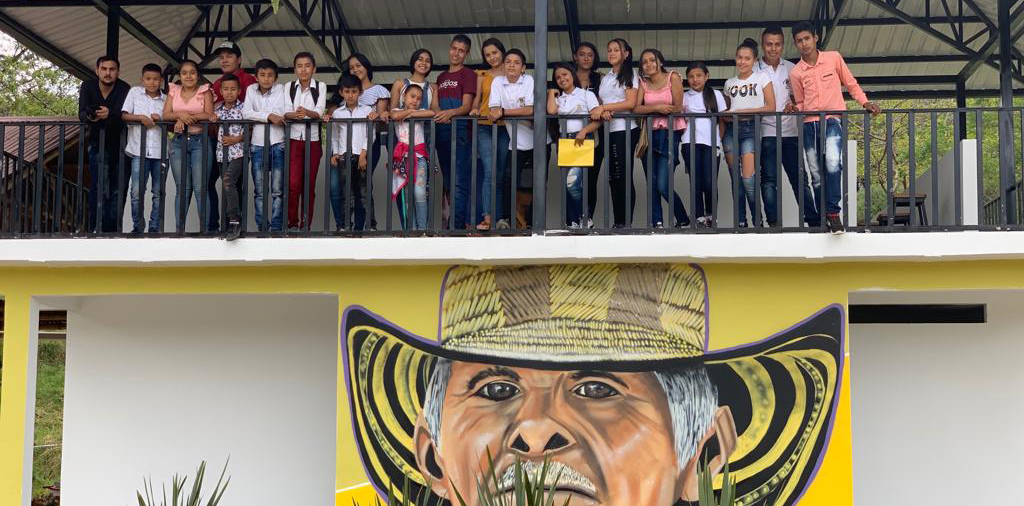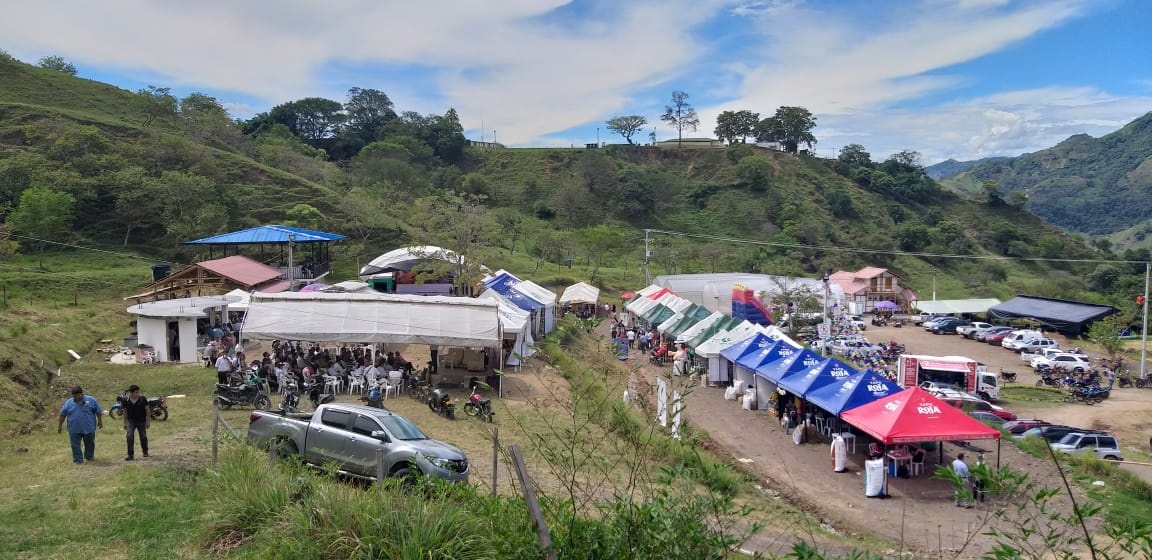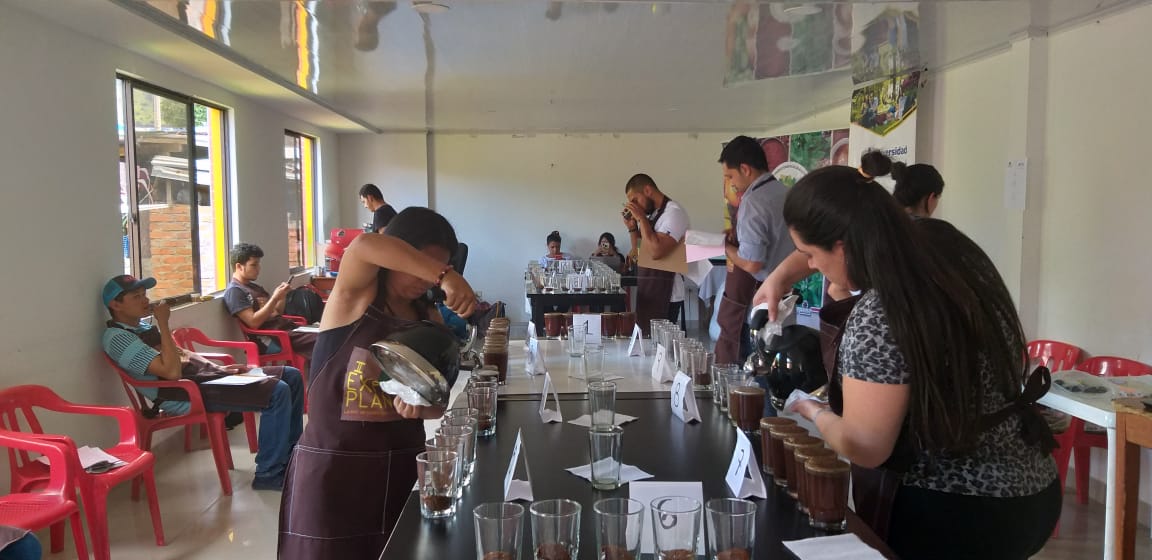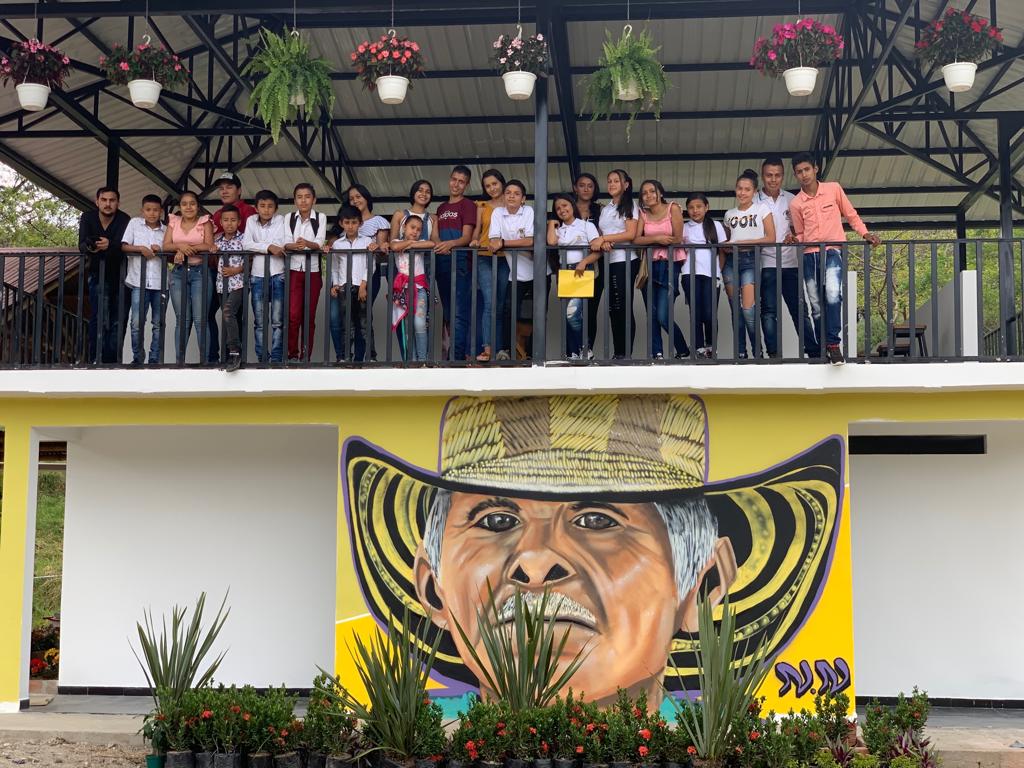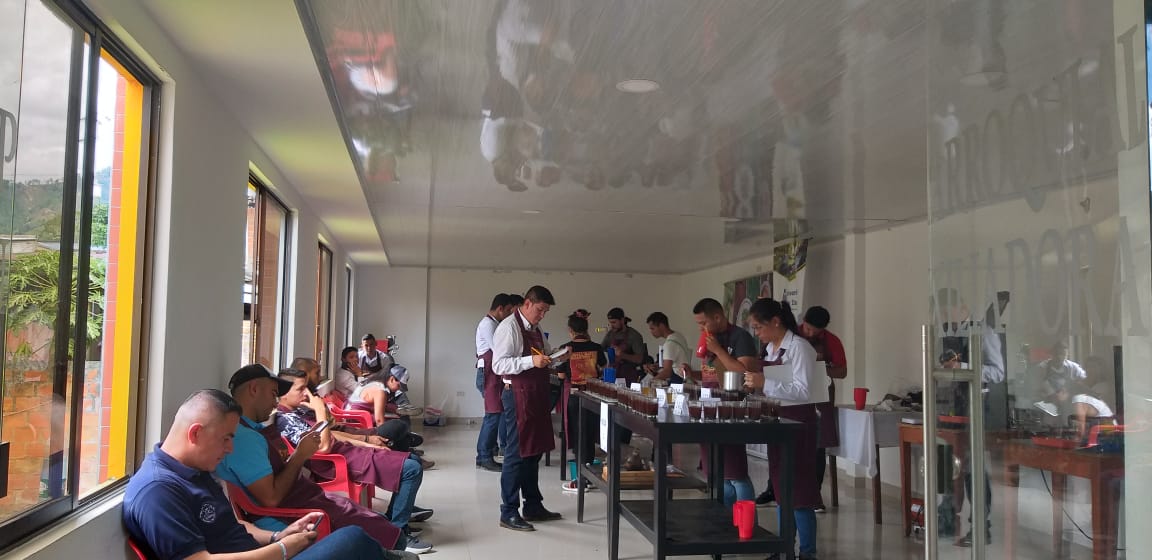ExpoPlanadas 2019, A Showcase of High Quality Coffee And A Testimony of Triumph
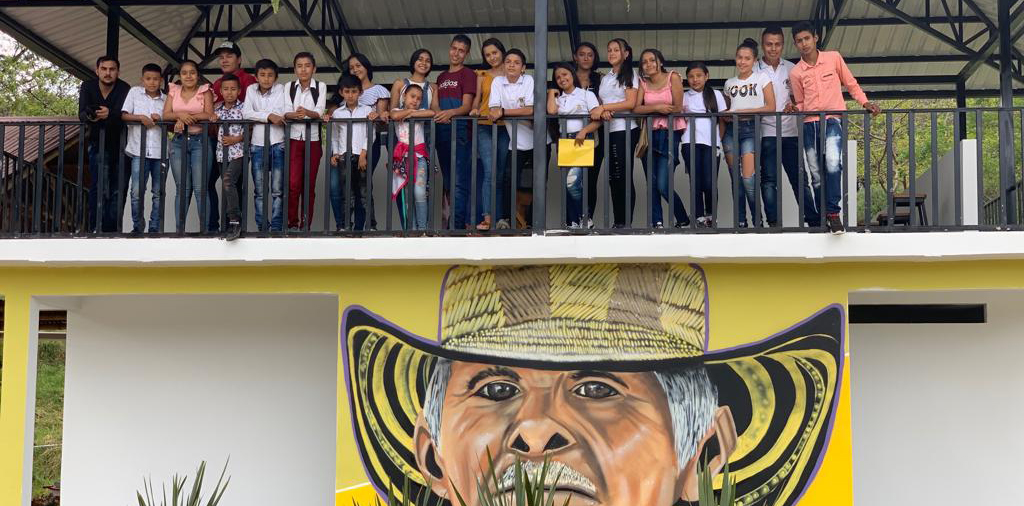
by Juan Cano
ExpoPlanadas 2019, the second version of this ever-growing coffee and cacao fair, was held the 27th and 28th of July, 2019 in Planadas, Tolima in Colombia.
Juan, our Colombia Coffee Hunter, traveled for the first time to Planadas to support in the selection of the lots that entered the auction held during the fair.
Follow him as he gets from Medellin, where we have our sourcing office, to the last town in the south of Tolima and read about his vicissitudes getting there and about Planadas and Gaitania troubled past and bright present and future.
There are a number of ways to get to Planadas, Tolima from Medellin but I chose the one that made the most sense to me: Flight Medellin – Bogota – Ibagué and then a bus ride from Ibague, where busses to Planadas run every 2 hours or so, vs Neiva where there are only 2 buses a day: at 5 am and 11 am, none of which I could have made.
Easy enough!
It all started very well, with the first flight on time, had a bit of a snooze and all, but once in Bogotá, things started changing very quickly. Avianca connecting flight was delayed by nearly 4 hours, time that I used to churn out some ideas for another article.
Finally in Ibagué, 4 hours later than originally planned, and now at the baggage claim area, some 20 passengers and I – of a 50 people’s plane- looked helplessly at the conveyor belt waiting for our bags to come out. Of course “they couldn’t be fit into the plane”.
Still, so far so good.
After filling out some paperwork, and with a number to call and a solemn promise that my luggage would arrive that same night, I rushed out of the airport, crossed the town in a taxi and made it to the busses with only enough time to board the next bus to Planadas.
I would sleep and stop by the side of the road to get a snack. Little did I know…
To say the trip there was a rollercoaster is an understatement. I could have sworn the damn thing was going to break in half in every hole and bump we drove on.
Two times I even jumped so high that I busted my head against the non-working air conditioning unit.
Forget about sleeping…
Next to me, there was a young guy that had purchased 2 seats, one for himself and one for his little, and super well-behaved pooch.
About 3 hours into the bus ride, the dog started getting sick. At this point I was curled up against the bus window, trying to not get any of the dog’s sick on me, and not a chance to fall asleep from here on out.
If you would have had a camera pointed at me the whole trip, you could have seen the hope vanishing slowly from my face: Every town was smaller and more rustic then the previous one, and I was heading for the last one in the line.
7 hours later, my butt flat as a cake, and dusty as you like, to my great surprise I arrived in a super busy and loud town heaving with motorcycles and music blasting from speakers all over the place.
The town was in festivities, which had been going for 1 whole week.
Enter Planadas
Planadas is the last municipality in the south of Tolima, in the foothills of the Central mountain range, branch of Colombian Andes.
Previously known as Sur de Atá (South of the River called Atá), Planadas had a jail where those who committed the “crime” of smuggling of liquors and tobacco, were sent to pay their sentence.
It was also the place liberals were exiled to, for the crime of being of a different political current, in an effort by the government at the time to create a conservative hegemony.
But once the government changed, these exiled people were freed from jail. Some settled in small parcels in and around Planadas and neighboring town Gaitania, but others, full of resentment, sought vengeance and formed the small cells of guerrillas that would later become the FARC, The longest-standing and most sanguinary guerrilla of Latin America.
It was all downhill from here for the following decades and Planadas and the neighboring municipalities were severely affected by the armed conflict.
People never lost hope and continued to farm their lands, and continued to produce coffee.
Fast forward to the present time and Planadas is a town full of life. And Coffee!!
It is the third most important coffee producing municipality of Colombia volume-wise (19.000 planted hectares that yield 42.750.000 kilos of parchment per year) and a producer of Cup of Excellence competition winners and all kinds of different and complex flavor profiles.
The town itself has close to 5.500 farmers, of which a large majority is associated to any of the 29 farmers associations present in the town and its smaller villages.
Planadas features a wide range of elevations, from 1400 to 2200 masl, which yields all kinds of different nuances and characters in their coffees.
Typica, caturra and castillo are commonplace, but there is also a growing number of different varietals such as gesha, tabi, pink and yellow bourbon and the likes.
Not only that but the town has 22 (yes 22!) coffee labs of which 11 are in the town itself and the other 11 are in the villages close to it.
It has also a couple of roasteries and as you can imagine with all the production, a street called “Calle del café” (the coffee street) where most of the coffee is bought by different organizations, private buyers, small-time traders and the occasional coyote!
ExpoPlanadas is the yearly opportunity to showcase all this and to put behind the troubled past and focus on the here and now, and the bright future lying ahead!
The fair was far larger than I was expecting. Although held on an open field with a beaming sun over our heads, it had around 50 different stands, from equipment to well known packaging companies, to coffee and cacao in any imaginable form, to the food section which featured dishes from the region, such as sancocho de gallina, Tamal Tolimense and Carne a la Llanera.

Carne a la Llanera or smoked meat. Photo Credit Wikimedia Commons
The coffee competition itself aimed to gather the best of Tolima and some of the surrounding departments, such as Risaralda and Quindio.
The selection of lots was conducted in one of the rooms adjacent to the church, so all the cupping was done while looking at images of Jesus up on the cross, donkeys in stables and crying virgins. Funny sight while cupping.
8 Colombian judges and one roaster went through 80 coffee samples in 2 days, out of which 18 samples made the 86 points mark. Those were later presented to the buyers who had the chance to cup through all 18 samples and make up their minds about what to buy during the auction that would ensue.
The quality of the samples was outstanding and proof of this is the COE winner of this year coming out second in the competition. That carbonic maceration Gesha is a superb coffee, but the winner stood its ground.
The auction was then full of excitement as it was to be expected.
Around 10 total buyers fought for the 18 lots and all but one were sold at very good prices.
The way the auction was set up was to put a base price per saco (a 70k bag of green ready for export), and not a price per pound, so the producers, most of which were present at the auction, understood the difference between the market price and what they were getting in the end.
As of the moment of writing this article, the market price is $1,05.25 /lb. And the internal price works out at a few cents below the $1 mark.
The top lot at the auction was sold at a very handsome $15 USD per lb.
You can only imagine the happiness on the farmer’s faces.
Here is an image shared by the Association that organized the competition with the final prices per lot.
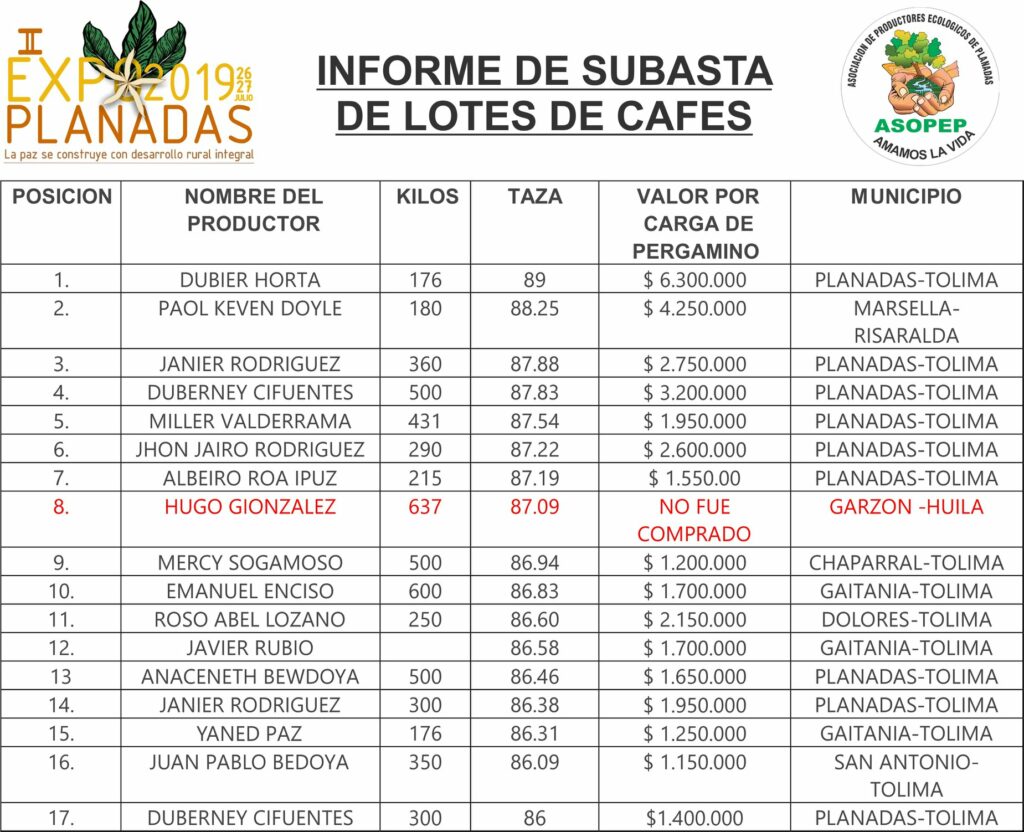
After asking Victor Gutierrez, one of the event organizers, about the final results of the Expo and auction and how Planadas benefits from these programs, he says:
“These sorts of events are beneficial not only for our municipality of Planadas, but also for the neighboring towns and departments. A large body of people from Quindio and Risaralda traveled many hours to come and support us and the growers that entered the contest as well as the competitors in the tasters championship.
What we are trying to do is to show the local people and foremost the younger generations that the quality accompanied by sustainability is the way to go.
Planadas is the 3rd producer of coffee in Colombia and just the money we receive from certifications is around 5.000 million COP (Around $1.5 million USD) that are invested in infrastructure for the municipality, social programs and education for the farmers and their families, benefits for the indigenous communities and the ex-fighters of the FARC.
Our goal is to have a high social impact and fairs as ExpoPlanadas are achieving just that
